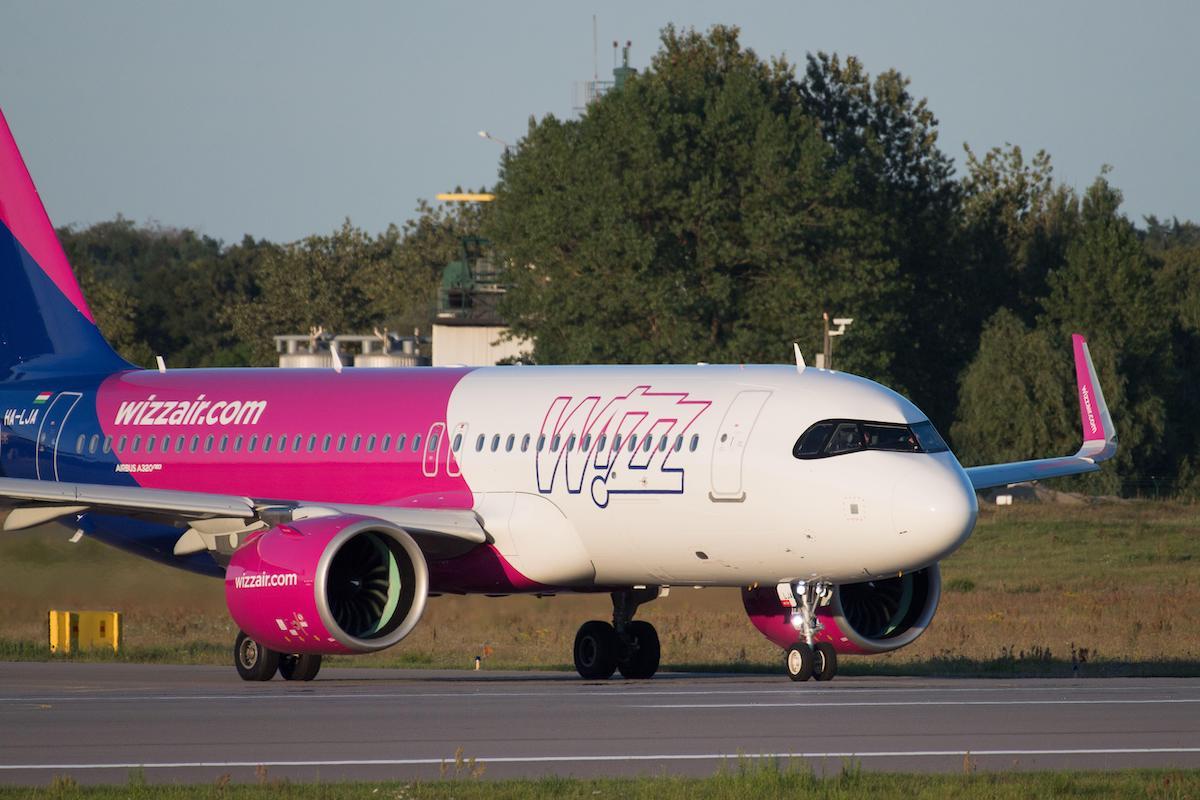Eastern European Air Traffic Severely Affected By War In Ukraine

Credit: Wojciech Strozyk / Alamy Stock Photo
FRANKFURT/ZURICH/MOSCOW—Air traffic in Eastern Europe has been severely impacted by the consequences of Russia’s Feb. 24 attack on Ukraine. Both Ukraine and neighboring Moldova have closed their airspace for civil flights. Russia, too, ordered civil flights to be stopped in the vicinity of its...
Subscription Required
This content requires a subscription to one of the Aviation Week Intelligence Network (AWIN) bundles.
Schedule a demo today to find out how you can access this content and similar content related to your area of the global aviation industry.
Already an AWIN subscriber? Login
Did you know? Aviation Week has won top honors multiple times in the Jesse H. Neal National Business Journalism Awards, the business-to-business media equivalent of the Pulitzer Prizes.



